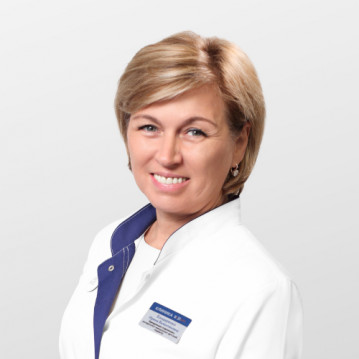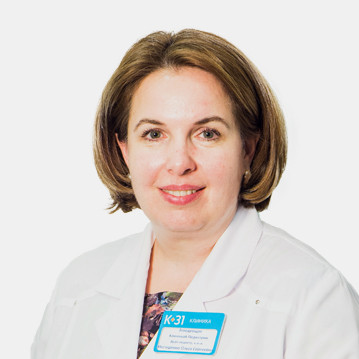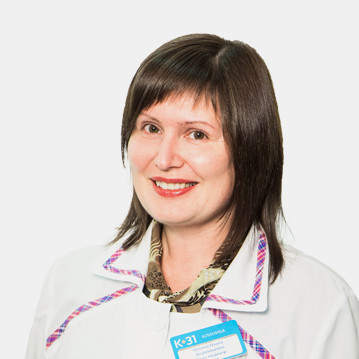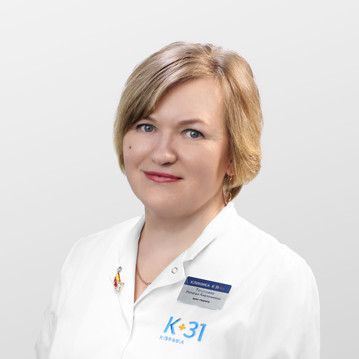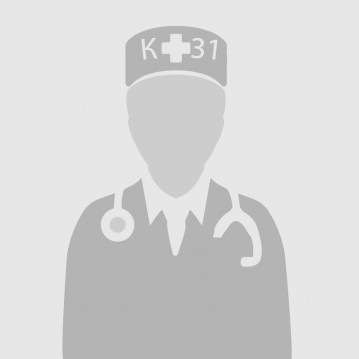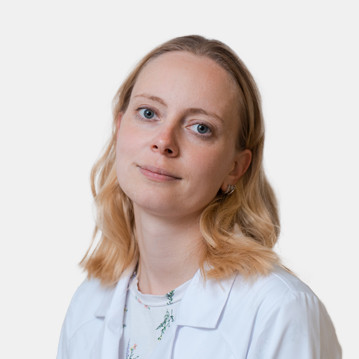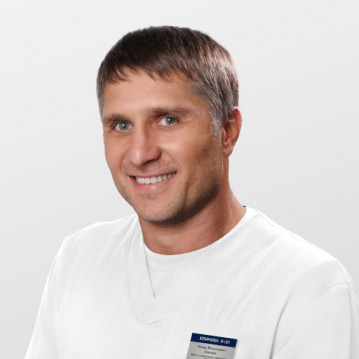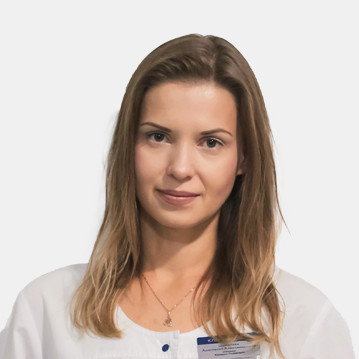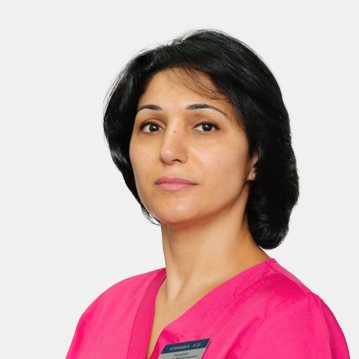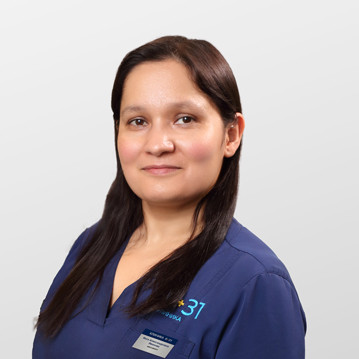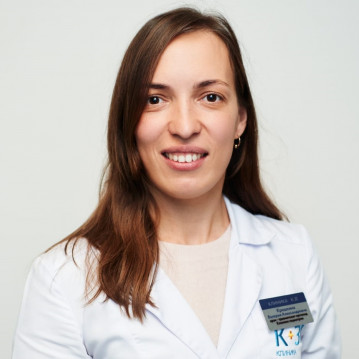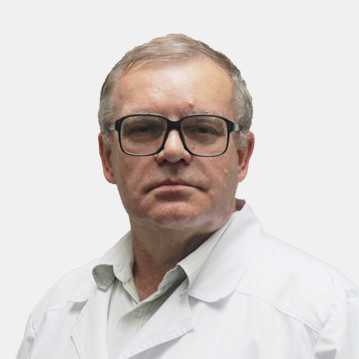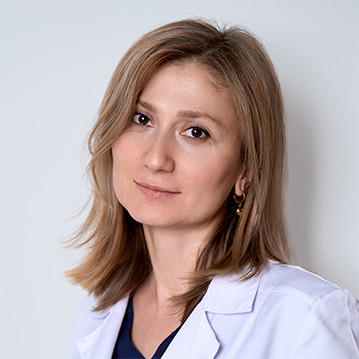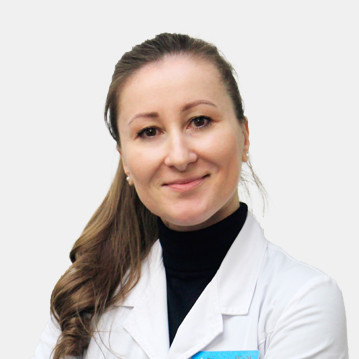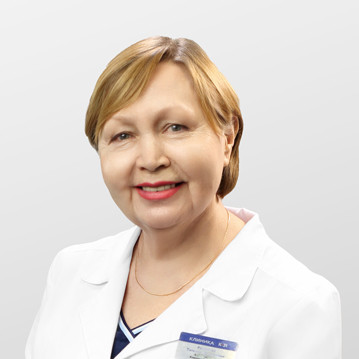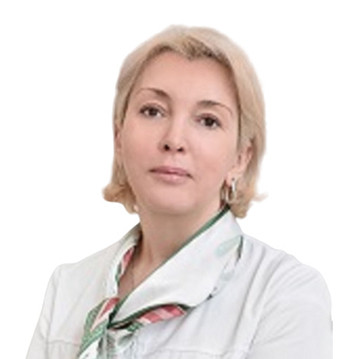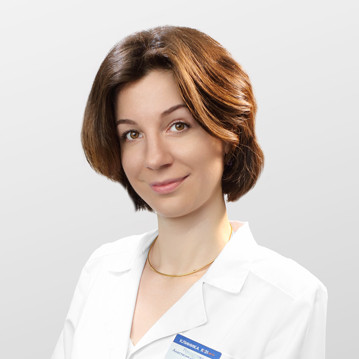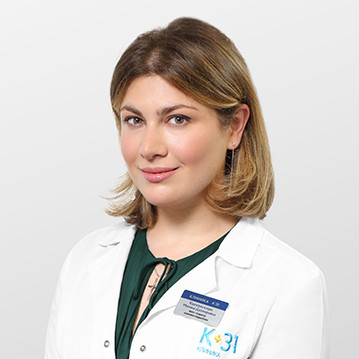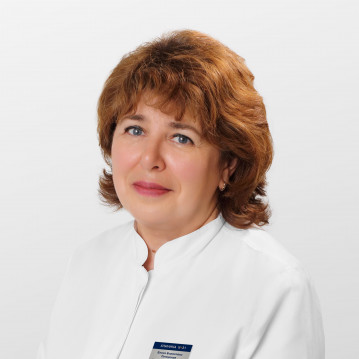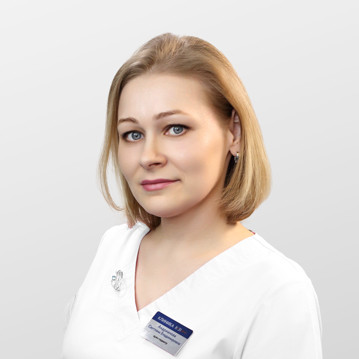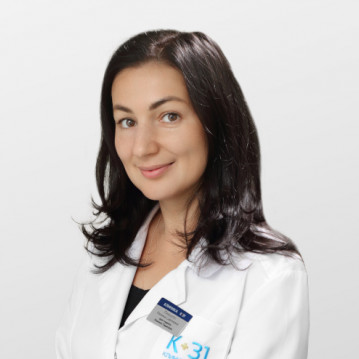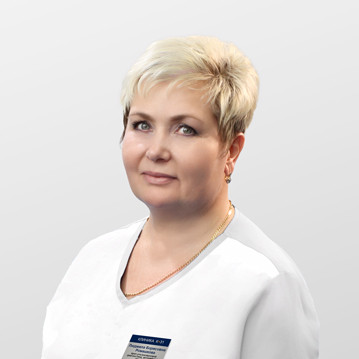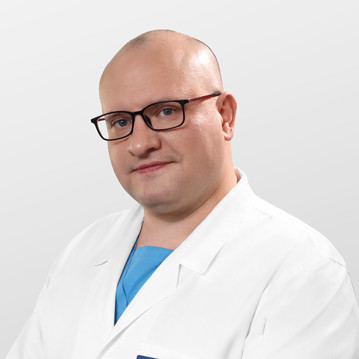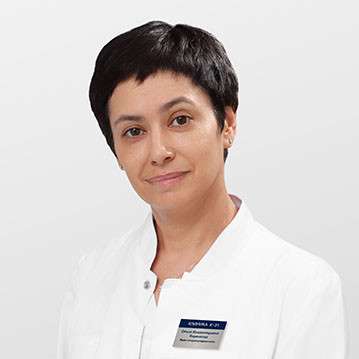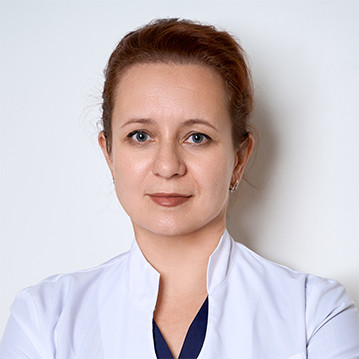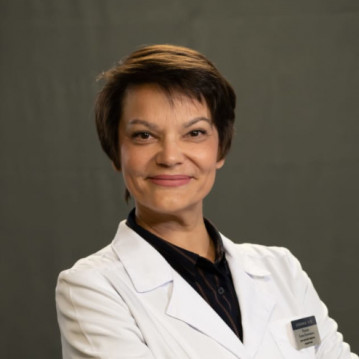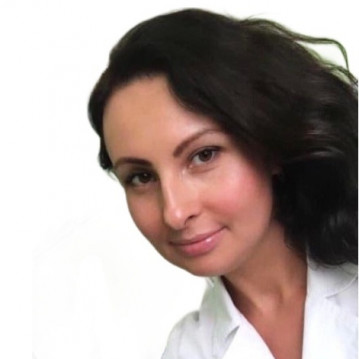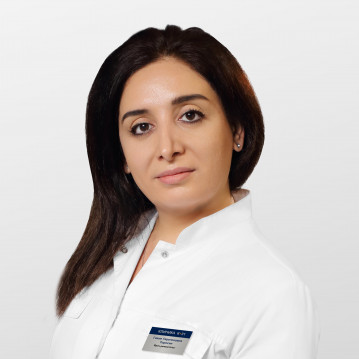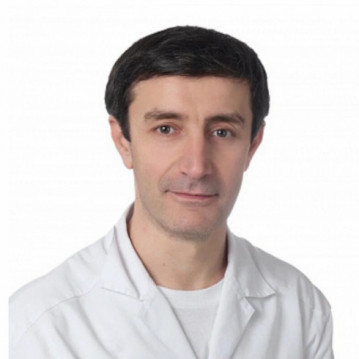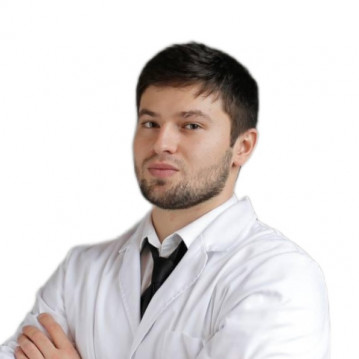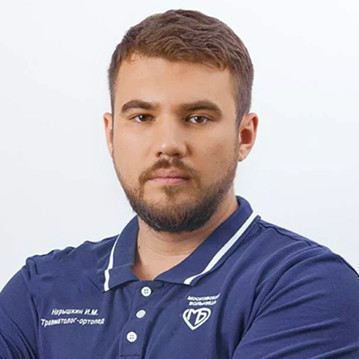The organs and systems of a growing young organism differ significantly from those of an adult. Even a banal blood test of a child will show completely different results, than a person over 20 years of age. Therefore, special doctors, pediatricians, are engaged in diagnosing the health of children and adolescents. This doctor specializes in diseases in children of different age groups, from 0 to 18 years old, and also knows how to find an approach to each baby so that a medical examination does not injure the child's psyche once again. Very sensitive, attentive and experienced specialists work in our diagnostic center (Moscow), with whom children are comfortable and not afraid.
Responsibilities of a pediatrician
A pediatrician is engaged not only in the diagnosis, but also in the treatment of diseases in children. An important part of his work is making the correct diagnosis based on the patient's complaints, test results and instrumental diagnostics.
Any examination by a pediatrician in our center begins with an examination of the child. In the process, palpation and percussion are carried out - a thorough palpation of problem areas and tapping of internal organs. Next, the child is prescribed general tests. You need to donate urine and blood.
After a diagnosis is made, the pediatrician prescribes medication or procedures. The dosage of drugs is selected strictly according to the age and weight of the young patient. In our center, the course of treatment is necessarily monitored. If necessary, therapy is adjusted. When prescribing drugs or physiotherapy, the risk of complications is taken into account.
The pediatrician of the K+31 center conducts follow-up care for patients with chronic pathologies and in the presence of suspicions of the development of a particular disease. It determines how the psychological and physical health of the child corresponds to his age. The pediatrician develops a schedule of vaccinations (against whooping cough, diphtheria, tetanus, etc.) and monitors compliance with it.
In addition, the duties of a pediatrician may include training and advising the child's parents on the specifics of caring for him during the course of the disease. For example, a doctor provides general information and recommendations on bathing, feeding, daily routine. This is especially important for the smallest children who are breastfed.
Methods of diagnostics in pediatrics
Timely diagnosis allows you to identify diseases at an early stage, so it is so important to regularly undergo preventive examinations with a pediatrician. Of the tests, after this, a general blood and urine test is usually prescribed. If necessary, detailed biochemistry is done.
During the diagnosis, the specialists of our center conduct a comprehensive examination of the child and may prescribe the following studies:
- Ultrasound is a painless diagnostic method that does not cause fear in a child. For examination, an ultrasound of the heart, thyroid gland, kidneys, joints and blood vessels, and the brain can be prescribed. Ultrasound diagnostics in pediatrics provides detailed information about the state of internal organs and tissues without harming children's health and without causing pain.
- Endoscopy - performed using endoscopic equipment. When examining young children in our center, general anesthesia is often used.
- MRI - the examination is carried out using a tomograph. The results of such diagnostics allow you to examine in detail any organ, tissue, nerves, blood vessels, cartilage and bones. It is important that the child can lie calmly in the tomograph chamber, so one of the parents will always be in touch with him. An MRI of the child's brain is usually performed from the age of 5.
- CT is often used to diagnose injuries or bruises. This technique is much safer than X-ray, but more informative.
- Holter 24-hour ECG monitoring is an examination that records the dynamics of the heart, changes in its work, blood pressure in conditions of patient activity. Our center also conducts 24-hour blood pressure monitoring - pressure measurement during the day at short intervals.
- Examination of the function of external respiration (RF) is an assessment of the state of the respiratory organs and their tissues. It is used to diagnose diseases related to the respiratory system, including allergies.
- Radiodiagnosis in pediatrics is a low-traumatic study of internal organs for the presence of neoplasms, foreign bodies, inflammation.
In the medical center K+31 in Moscow, such instrumental and laboratory tests are also prescribed, such as: functional diagnostics, X-ray, densitometry, in-depth hearing examination, EEG monitoring, blood tests, urine, feces, etc.
